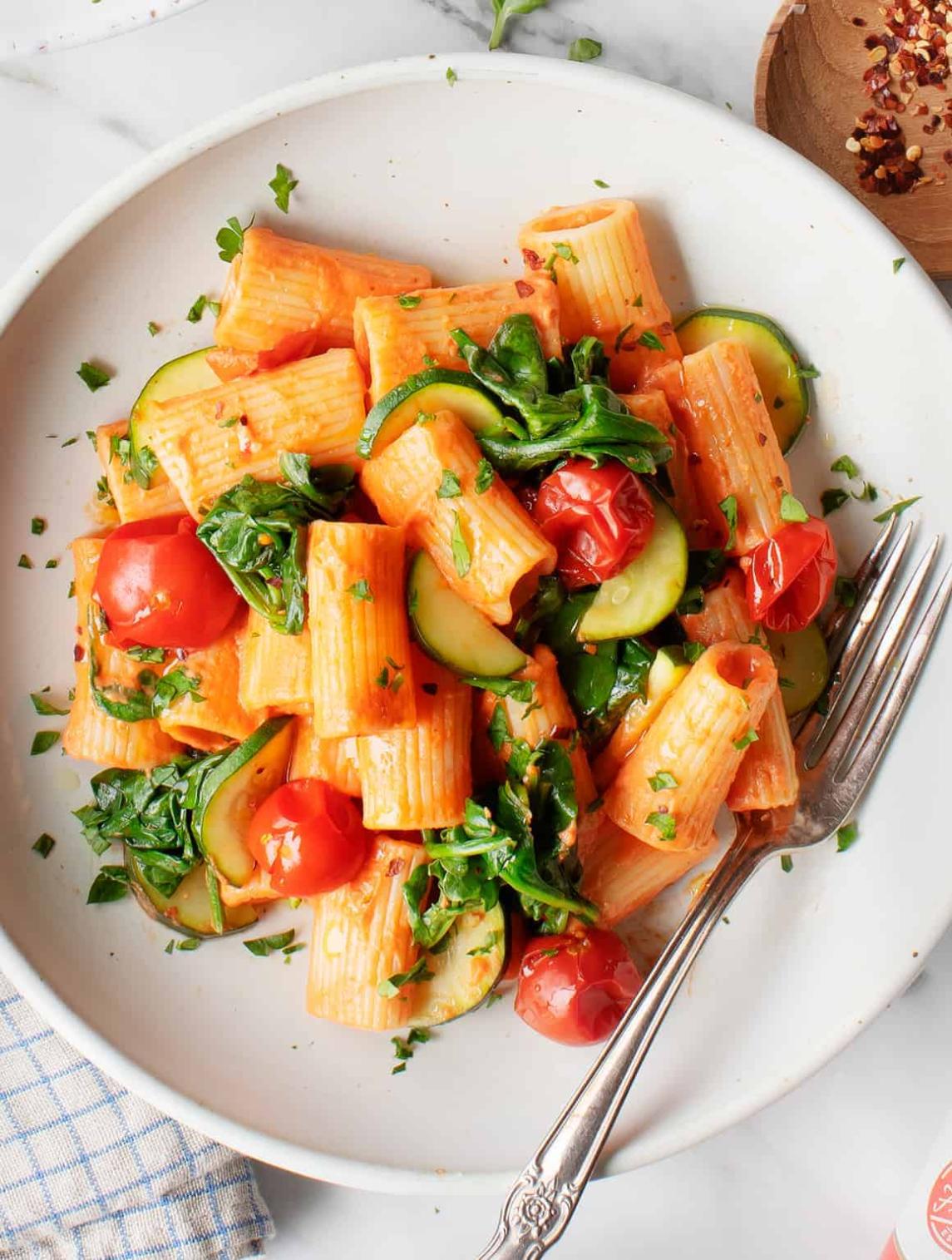Plant-Based Substitutes for Meat and Dairy in Vegan Recipes
Veganism, a lifestyle that excludes all animal products, has gained immense popularity in recent years. As more people adopt this ethical and environmentally conscious diet, finding suitable plant-based substitutes for meat and dairy in vegan recipes becomes crucial.

This article provides an overview of the best plant-based substitutes for meat and dairy, highlighting their nutritional value and versatility in vegan cooking.
I. Plant-Based Meat Substitutes
Tofu
Tofu, made from coagulated soy milk, is a versatile and protein-rich meat substitute. Its neutral flavor makes it adaptable to various dishes, including stir-fries, curries, and sandwiches.
- Nutritional Benefits: Tofu is an excellent source of protein, calcium, and iron.
Tempeh
Tempeh, a fermented soybean product, possesses a unique texture and nutty flavor. It can be used in burgers, tacos, and salads, adding a hearty and flavorful element to vegan dishes.
- Nutritional Benefits: Tempeh is rich in protein, fiber, and probiotics, promoting gut health.
Seitan

Seitan, made from wheat gluten, is a chewy and meaty plant-based protein. It can be used in stir-fries, stews, and sandwiches, providing a satisfying texture similar to animal meat.
- Nutritional Benefits: Seitan is an excellent source of protein, iron, and selenium, essential for overall health.
Lentils and Beans
Lentils and beans are affordable and versatile plant-based proteins. They can be used in soups, salads, and burgers, providing a hearty and nutritious base for vegan meals.
- Nutritional Benefits: Lentils and beans are rich in protein, fiber, and folate, supporting digestive and cardiovascular health.
II. Plant-Based Dairy Substitutes
Almond Milk

Almond milk, made from blended almonds and water, is a popular non-dairy alternative to cow's milk. Its mild and nutty flavor makes it ideal for smoothies, baking, and cereal.
- Nutritional Benefits: Almond milk is fortified with calcium, vitamin D, and protein, providing essential nutrients for bone health.
Oat Milk
Oat milk, made from blended oats and water, has a creamy texture and mild flavor. It can be used in lattes, pancakes, and oatmeal, adding a rich and satisfying taste to vegan dishes.
- Nutritional Benefits: Oat milk is a good source of fiber, protein, and beta-glucan, supporting heart health and blood sugar control.
Soy Milk
Soy milk, made from blended soybeans and water, is a traditional plant-based milk alternative. Its neutral flavor makes it versatile for use in smoothies, baking, and soups.
- Nutritional Benefits: Soy milk is rich in protein, calcium, and isoflavones, supporting bone health and reducing the risk of certain chronic diseases.
Coconut Milk
Coconut milk, extracted from the flesh of mature coconuts, has a rich and creamy texture. It can be used in curries, smoothies, and desserts, adding a tropical flavor to vegan dishes.
- Nutritional Benefits: Coconut milk is a good source of healthy fats, lauric acid, and potassium, supporting heart health and immune function.
Conclusion
Plant-based substitutes for meat and dairy offer a wide range of options for vegans to create delicious and nutritious meals. These substitutes provide essential nutrients, including protein, calcium, and fiber, while promoting ethical and environmentally sustainable eating practices.
Experimenting with different plant-based substitutes can help you discover new flavors and textures, making your vegan journey enjoyable and fulfilling. Try incorporating these substitutes into your favorite recipes or explore new vegan dishes that showcase their unique qualities.
By embracing plant-based alternatives, you can contribute to a healthier lifestyle, a more compassionate food system, and a greener planet.
YesNo

Leave a Reply